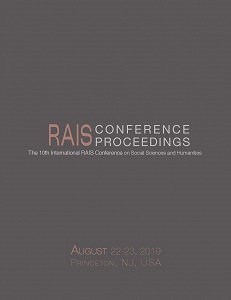The Manifestation of Will: The Vectorial Force of Accepting Guilt
The Manifestation of Will: The Vectorial Force of Accepting Guilt
Author(s): Camil Tănăsescu
Subject(s): Penology
Published by: Scientia Moralitas Research Institute
Keywords: aggressor; behavior guilt; crime; individual need; intention;
Summary/Abstract: Individual conduct involves the orientation of actions in a certain way by making a decision. The attempt to establish the unique and appropriate purpose of the action is based on the intention to achieve that goal, followed by the elaboration of the mental plan for the realization of the action. In the deliberation, certain processes are underway to investigate the conditions for carrying out the criminal activity, assessing its effects in the objective reality. Following the analysis of the meanings, the reasons and the purpose pursued, the mental plan for the concrete realization of the criminal activity is finalized by making the decision to commit the crime. Finalizing the decision is followed by its execution to achieve the goal pursued, the aggressor using is hull psychophysical ability, knowledge, skills and ability in adopting a method of action. The manifestation of will is realized when the individual acts knowingly, even if the purpose of his actions coincides with the interests and needs of others. The guilt appears to be a force contrary to the manifestation of freedom of each individual, considered as the original behavioral form of any collectivity that opposes block of opposite behavior.
Book: Proceedings of the 10th International RAIS Conference on Social Sciences and Humanities
- Page Range: 254-257
- Page Count: 4
- Publication Year: 2018
- Language: English
- Content File-PDF

